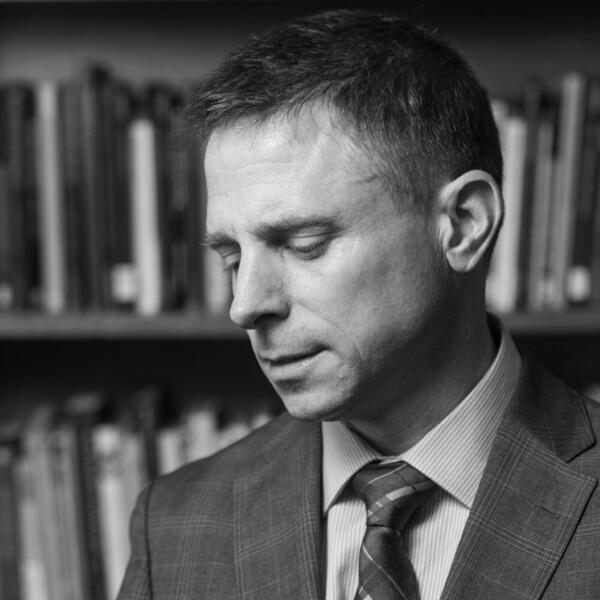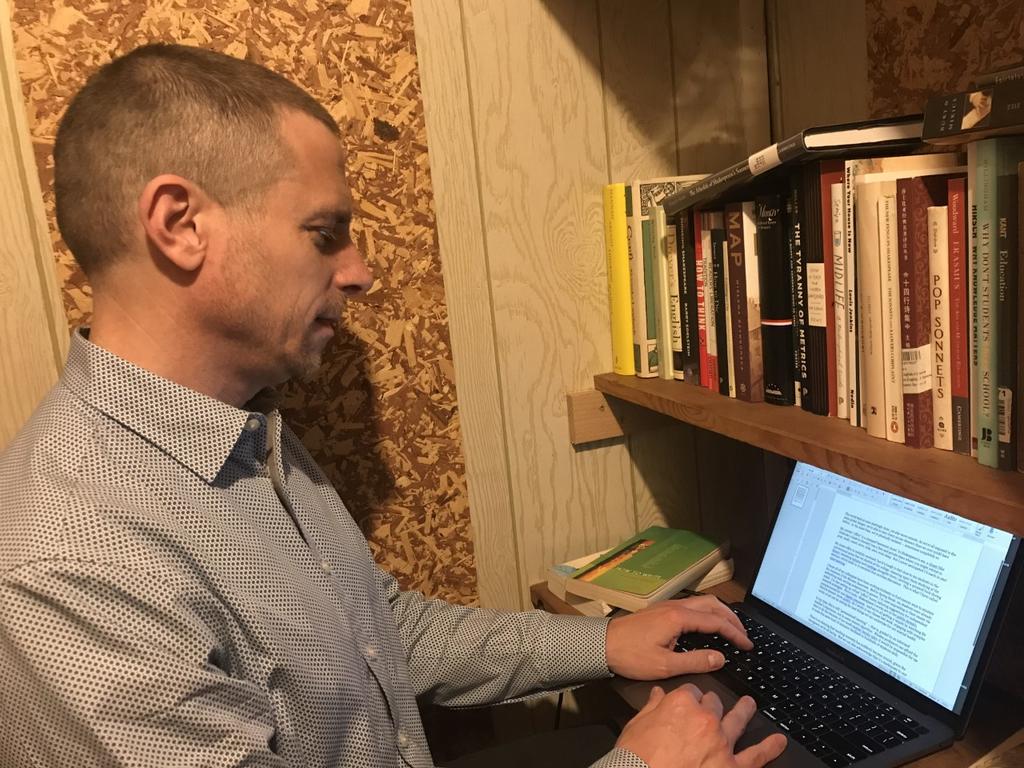The world feels at once startingly close, yet also more remote. As we’re all exposed to the same global danger, we’re able to stay closer across distance than we ever could have before. At the same time, we’re physically isolated — sometimes completely so.
My current “office” is a cramped basement closet. In Shakespeare’s era, a closet (like Gertrude’s closet in Hamlet) was a fine and private place where you might retreat to pray, study, count, store, hide, save, even sleep. But I never anticipated I’d teach in one!
My closet office is certainly enclosed, but it’s tough to feel close to my students in the conventional sense that we cherish at the college: chancing upon them studying at the library; attending lectures and readings alongside them; catching a quizzical look during seminar, which leads to a comment that enriches discussion. This is what I have called close learning.
I know all of my colleagues have been working tirelessly to find remote ways to emulate the closeness of the Rhodes classroom. Before Spring Break, my students were already submitting daily writing assignments in person; I’m now responding to their essays via email. I’m also setting up virtual “office” hours, tailoring suggestions for independent research strategies. We’re lucky: Shakespeare’s works are in the public domain, complemented by vast digital resources. And we’re all getting a respite by watching Sir Patrick Stewart recite poetry. As I wrote to my classes last week, engaging with complex works of art can offer some solace in trying times.
In my eyes, this is still “personalized learning” — that is, closely guided by an informed teacher’s experience, not by some remote algorithm. Rhodes professors can afford the time to do this because of our low student-faculty ratio; it would be impossible for me to scale this same kind of intensive feedback to hundreds of students daily.
There’s no denying that teaching remotely has suddenly become crucial, given the emergency we’re all facing. But we can also acknowledge that it’s far from our ideal.
I look forward to the day when I can escape my confined closet and rejoin the campus where, like Prospero, we will rededicate ourselves “To closeness and the bettering of [our] mind[s].”

Scott Newstok is professor of English and founding Director of the Pearce Shakespeare Endowment. His new book How to Think like Shakespeare grew out of his address to the Rhodes Class of 2020.
